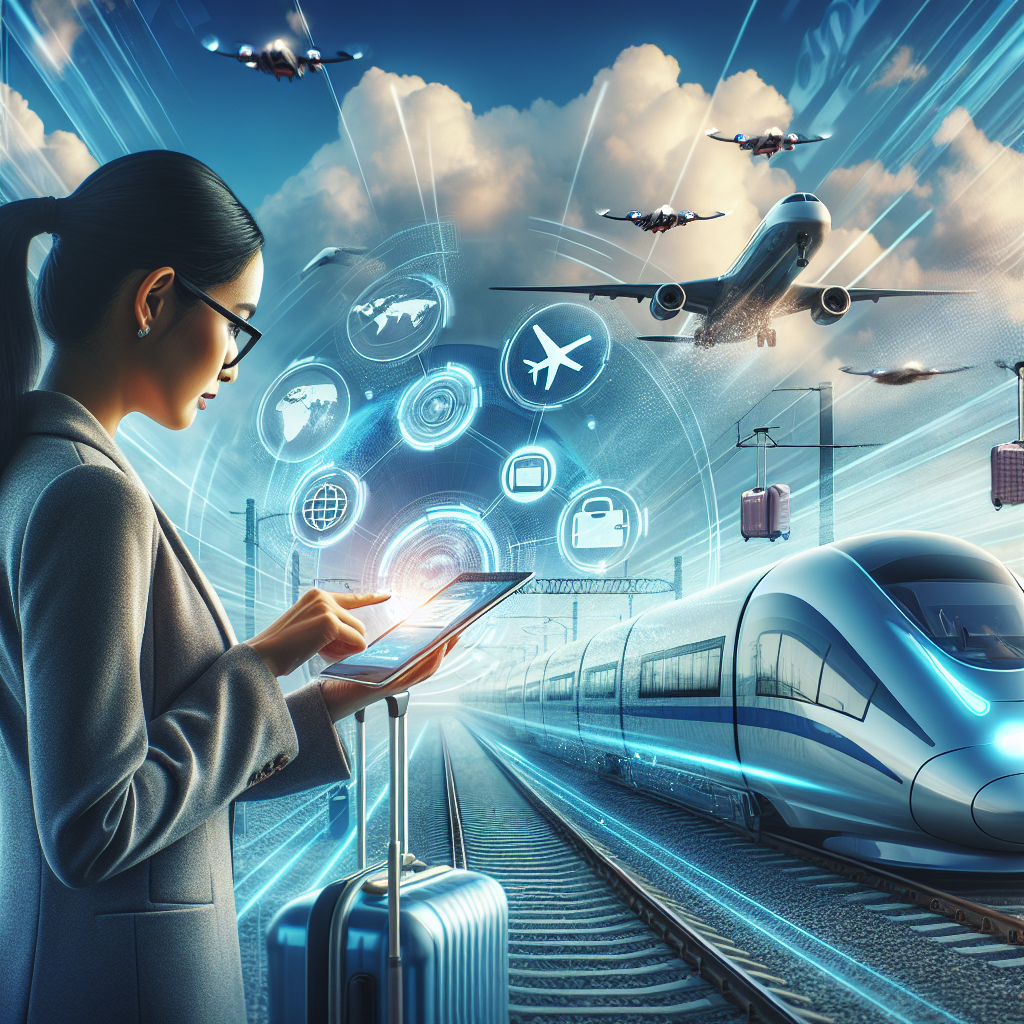Introduction
Technology is acting as a catalyst for a massive transformation in the travel industry. From planning trips to experiencing destinations, technology is making travel more accessible, efficient, and enjoyable. This article will explore how technology is revolutionizing the travel industry, focusing on various facets such as online bookings, virtual reality, AI, IoT, and blockchain technology.
The Advent of Online Booking
One of the most significant changes brought by technology in the travel industry is the ability to book tickets online. Travelers can now easily compare prices, read reviews, and make reservations within minutes from the comfort of their homes.
Benefits of Online Booking
- Convenience: The ability to book flights, hotels, and cars online saves time and effort.
- Cost-Effective: Comparison tools help customers find the best deals available.
- Transparency: Customer reviews and ratings provide insights into the quality of services.
Virtual Reality (VR) Experiences
Virtual Reality (VR) is changing the way travelers plan and experience their trips. VR offers immersive experiences that can help make informed decisions about destinations. From virtual hotel tours to interactive explorations of tourist spots, VR is providing travelers with a sneak peek of their forthcoming adventures.
Applications of VR in Travel
- Hotel Previews: VR tours of hotel rooms and amenities.
- Destination Previews: Virtually explore attractions before deciding to visit.
- Experiential Marketing: Travel agencies can showcase destinations more vividly, enticing customers to book trips.
Artificial Intelligence (AI) in Customer Service
AI technologies, including chatbots and virtual assistants, are enhancing customer service in the travel industry. They can handle queries, make recommendations, and streamline bookings, thereby improving overall customer experience.
Key AI Applications
- Chatbots: Providing 24/7 customer support and instant responses to inquiries.
- Personalized Recommendations: AI analyzes user preferences to suggest tailored travel experiences.
- Predictive Analysis: AI models can forecast trends, helping companies improve their services.
The Internet of Things (IoT)
IoT is making travel smoother and more efficient. Smart devices, interconnected through the internet, enable real-time data exchange and automation that enhance travelers’ experiences and streamline operations for service providers.
IoT Applications in Travel
- Smart Luggage: Luggage with tracking capabilities ensures it never gets lost.
- Connected Rooms: Hotel rooms with smart controls for lighting, temperature, and entertainment.
- Airport Management: IoT devices assist in crowd control and efficient management of services.
Blockchain Technology
Blockchain is bringing transparency and security to the travel industry. From secure transactions to transparent tracking of luggage, blockchain offers a plethora of benefits.
How Blockchain is Used
- Secure Payments: Making transactions more secure, reducing fraud.
- Loyalty Programs: Simplifying the process of earning and using loyalty points.
- Transparent Tracking: Real-time tracking of baggage and shipments.
Conclusion
Technology is undeniably revolutionizing the travel industry. Each advancement, from online booking systems and VR to AI, IoT, and blockchain, is aimed at enhancing the travel experience. As technology continues to evolve, we can expect even more groundbreaking changes in how we travel and explore the world.

